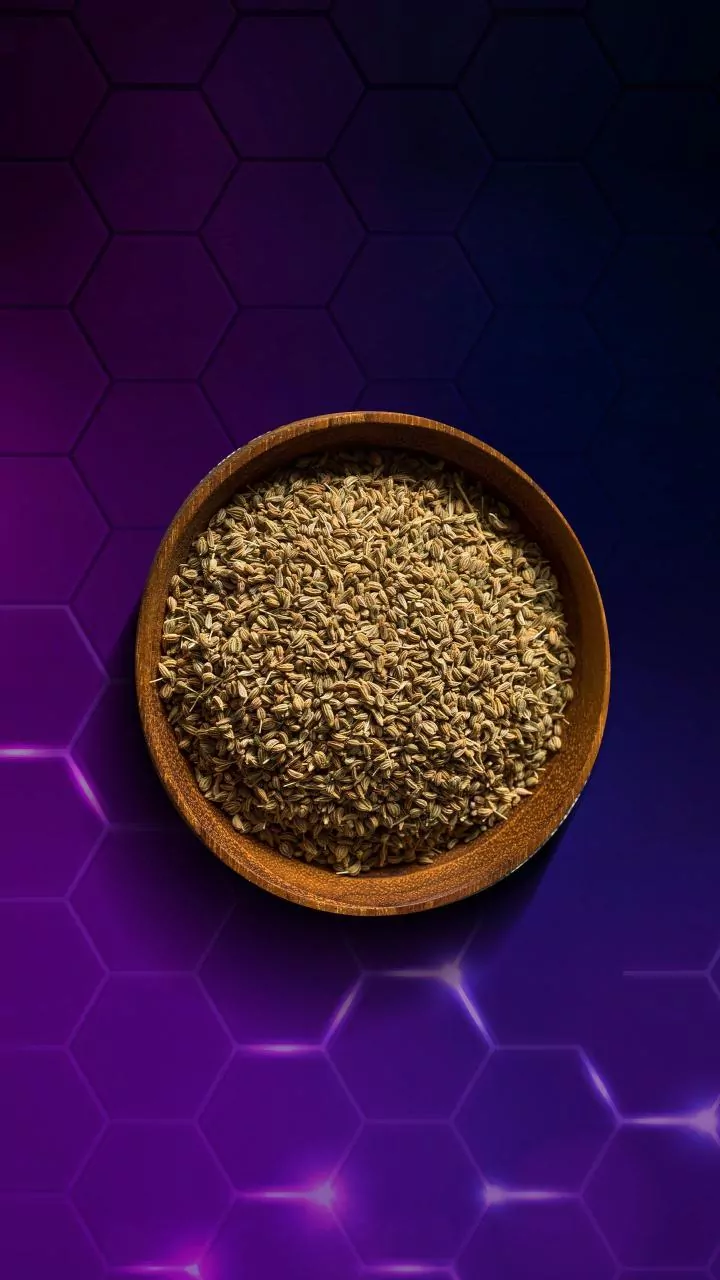The Right Timing
The question of when to check fasting blood sugar is a common one. The ideal time is generally right after waking up, before you consume anything, including
food and beverages. This timing allows you to assess your baseline blood glucose levels, which haven't been influenced by meals. Waiting 1-2 hours after breakfast can also be an option, but the initial morning reading is the most critical as it reflects your body's glucose management overnight. This early morning test gives you a clear picture of how your body regulates glucose when it's not processing any food. Consistent monitoring at the same time each day ensures a more reliable understanding of your health patterns. It helps establish a clear benchmark for what is considered normal for your body and provides valuable insight to your doctor.
Why Fasting Matters
Fasting blood sugar readings provide crucial information about your health. This measurement gives a baseline view of how your body is handling glucose when you haven't eaten for several hours. It can help you identify potential issues like insulin resistance or prediabetes. Regular fasting blood sugar monitoring allows you to track changes over time, helping you understand how your body is responding to lifestyle adjustments such as dietary changes or exercise. For those with diabetes, these readings are instrumental in managing the condition and ensuring medications are effective. Physicians often use these measurements as a primary data point when developing or adjusting treatment plans. Accurate and consistent testing can help prevent future complications from diabetes.
Morning Readings Concerns
Experiencing higher blood sugar readings in the morning, despite not eating, can be concerning. The 'dawn phenomenon' could be the cause, where the liver releases more glucose in the early hours of the morning. Also, the body's natural hormone fluctuations can elevate morning blood sugar. This doesn't always indicate a major problem, however. It could also be due to the amount of medication taken before sleeping. If you consistently observe elevated readings, consulting your doctor is crucial. They can help determine the cause, whether it’s a medication adjustment, a dietary issue, or other underlying factors. They might suggest further testing and provide personalized advice for managing your blood sugar levels. By understanding these potential causes, you can work with your healthcare provider to take proactive steps toward better health.
Tips Before Testing
Several simple practices can improve the accuracy of your fasting blood sugar readings. Ensure you haven’t eaten or drunk anything (besides water) for at least 8 hours before testing. This allows your body to reach a truly fasted state. Wash your hands thoroughly with warm, soapy water before pricking your finger; ensure there's no contamination. Use a new, sterile lancet for each test to minimize any chance of infection and ensure the most accurate reading. Follow your doctor's or the manufacturer's instructions on how to use your blood glucose meter. Record your results, and any relevant details such as the time of day, if you’ve taken medication, and what you ate the night before. This information helps you and your healthcare provider assess and better manage your condition. Regular blood sugar monitoring is an integral part of a healthy lifestyle.



















